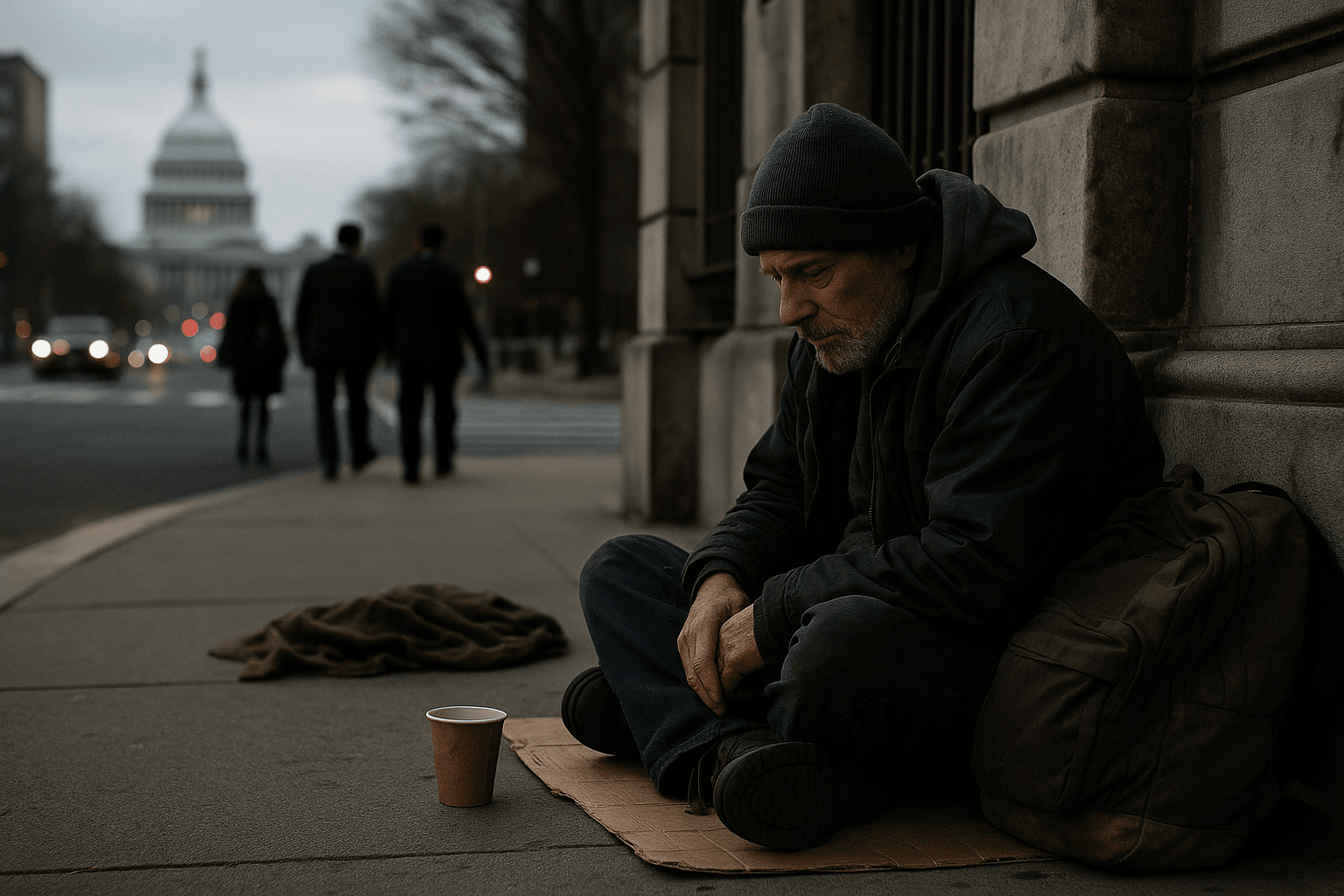Twenty states sue to block Trump administration changes to homelessness grants
Twenty states and the District of Columbia sued in federal court to halt Department of Housing and Urban Development rules that would reallocate more than three billion dollars in Continuum of Care grants, arguing the changes unlawfully target marginalized groups and undermine housing first strategies. The challenge could reshape how federal homelessness funds are distributed, with officials warning the rules may leave tens of thousands without stable housing and strain local budgets.

A coalition of 20 U.S. states and the District of Columbia filed suit in federal court on November 25 to block new rules issued by the U.S. Department of Housing and Urban Development that would change the operation of the Continuum of Care program. Led by New York and driven largely by Democratic jurisdictions, the plaintiffs asked a judge for a preliminary injunction to prevent the rules from taking effect while litigation proceeds.
The complaint says HUD’s changes would reallocate more than three billion dollars in grant funding and impose new conditions that limit funding for permanent housing, prohibit grants to organizations serving transgender communities, and alter longstanding eligibility and prioritization criteria. Plaintiffs assert the measures violate federal statutes governing HUD programs and unlawfully target marginalized groups, and they contend the rules would upend years of local planning that emphasizes rapid placement into permanent housing.
Attorneys general filing the suit warned that the shift could lead to immediate and measurable harm. They said the rules risk leaving tens of thousands of people without housing supports, disrupting local systems that have increasingly emphasized housing first approaches that prioritize permanent housing over temporary shelter. Localities that have invested in permanent supportive housing models could see contracts canceled or restructured, plaintiffs said, complicating operations for providers and potentially forcing vulnerable people back into shelters or the streets.
The legal challenge raises both policy and fiscal questions for states and cities. Continuum of Care grants are a central federal mechanism for funding services for people experiencing homelessness, and changes to priorities and eligible grantees could redirect money away from programs designed to stabilize people quickly. State officials argue that such a reallocation will increase demand on emergency shelters, health care systems, and law enforcement, translating into higher costs for state and local governments at a time when many are already coping with tight budgets and rising housing costs.

Market implications could follow if the rules are allowed to proceed. Nonprofit service providers that rely on federal grants may face abrupt funding uncertainty, slowing development and maintenance of supportive housing projects. Landlords and developers who have worked with public agencies to place formerly homeless people into permanent units could see projects stalled. Increased shelter populations could also affect downtown commercial areas and local services, with knock on effects for municipal finances.
The lawsuit underscores a broader political and legal conflict over the federal role in homelessness policy. HUD under the Trump administration advanced the new rules as part of a broader policy shift, while state and municipal leaders maintain that federal funding should support evidence based strategies that prioritize permanent housing and protect access for marginalized populations.
The court will consider whether the plaintiffs are likely to succeed on the merits and whether they will suffer irreparable harm without an injunction. The outcome could set a precedent for how federal funding priorities are set for homelessness programs and shape the operations of thousands of service providers and the lives of people experiencing homelessness across the country.


